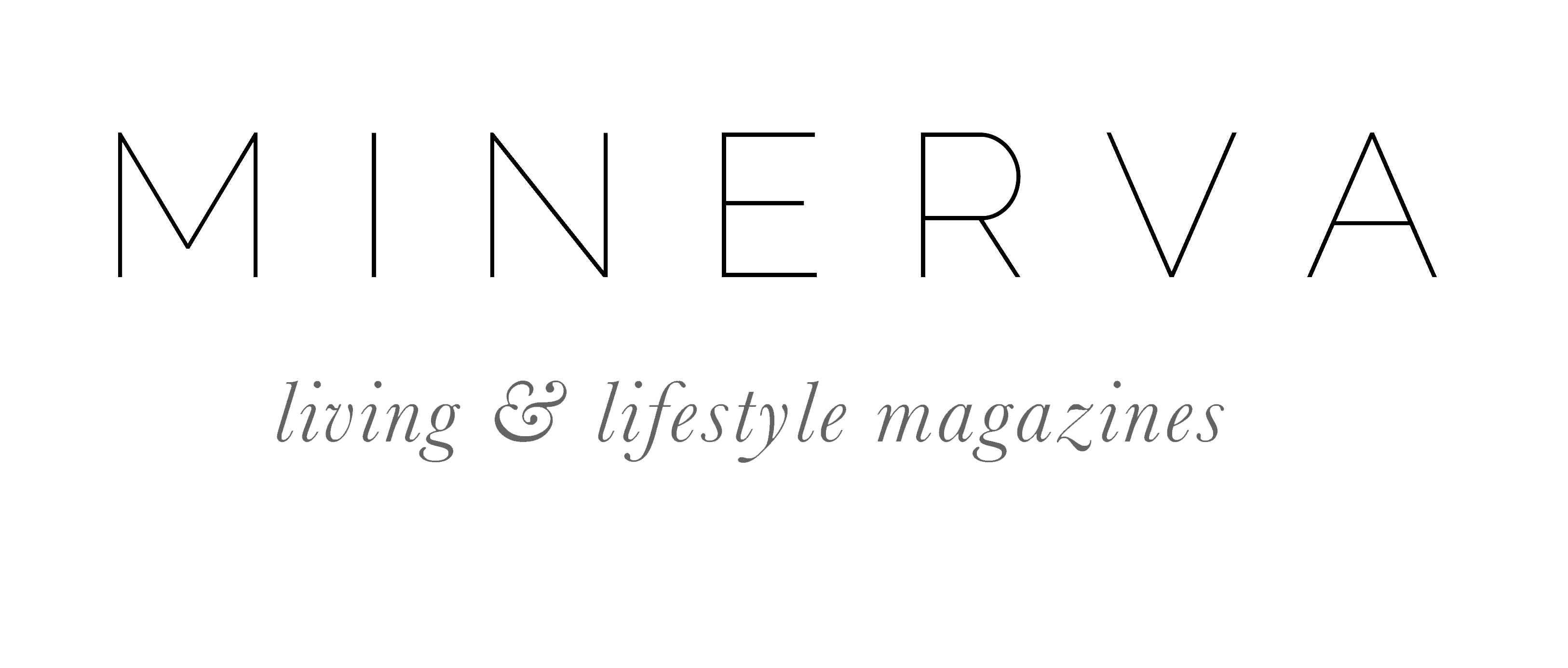HEALTH: Home Working
Stress-free while working from home
We are living in unprecedented times, and one thing to remind ourselves is that anxiety or mood problems are perfectly normal right now. The current climate would test anyone.
‘Fight or flight’ and our nervous system
We are mammals, and we are evolved to constantly monitor our surroundings for threats, take in information from what we find, and act accordingly. If we sense threats, our adrenaline level goes up to power us to ‘fight or flight’.
In the modern world this is a challenge, because we are exposed to low level stress constantly and are often not able to use the adrenaline – we can’t run from a traffic jam and it’s not really socially acceptable to fight with people. The current situation amplifies this 100fold as we definitely can’t run away – we are confined to our homes with all our usual activities and connections with people suspended.
What effect does this have on us?
The nervous system is a constantly self-regulating system that strives to keep us in balance. We have ups and downs in activity levels, but they are within a normal range. The current situation is for many a ‘system overload’, with a level of threat and flood of new information that throws everything out of kilter. As we struggle to process and make sense of all the information, the most likely effect is that we will experience either a feeling of being ‘high’ or one of being ‘low’.
If adrenaline has you fired into a ‘high’ state, you will find yourself trying to control through doing, doing, doing – cleaning your house like a maniac, for example. Or, you could be in a ‘down’ state – feeling numb, frozen and unable to do anything at all. Another possibility is that you veer between these two states, with nothing much in the middle.
The anxiety is real, but during these times of challenge try to focus on the things you are in control of.
Acknowledge emotions and fears but try to share these with a loved one or friend. Even with the current social distancing guidelines in place, you can still speak with relatives and friends face to face via Skype, Facetime or WhatsApp; and if this is all gobbledy-gook, there’s the good old-fashioned telephone!
Try to find the positives because they are there. Communities across the country are coming together to support each other, whether it’s signing up as an NHS volunteer or offering to do an elderly neighbour’s shopping. If you find yourself in an at-risk group, do accept offers of help – the ability of humans to work well together in teams, supporting each other, has enabled their survival through the centuries.
To help manage uneasiness, try to keep to a routine. Our bodies operate on a series of cycles, most of which we are unaware of. Having a regular time for getting up, eating meals, going outdoors (or staying in) for exercise, and going to bed will help reassure your body on a subtle but important level, as well as assisting your circadian rhythm to settle.
Watch your news consumption. It is important to be in control of the information coming at you, so do whatever you can to avoid news overload. Turn off the radio when the news comes on; disable push notifications on your phone; set screen time limits if you need to and don’t have rolling news on in the background. Choose a reputable source of news and try to access it just once a day.
Do get out and about safely and sensibly. Exercise has proven benefits on mental health. Pick an early morning slot if you live somewhere congested, so that you minimise the likelihood of sharing your exercise space with too many others. There is also nothing stopping you from getting out in the garden if you’re lucky enough to have one. Meditation can also help and is especially important for those in a hyper state.
Keep an eye on your diet. When feeling stressed, it’s all too easy to grab a quick snack on the go when really our body is crying out for the nutrients it needs to help it cope with extra pressure. Wholegrain carbohydrates (brown bread, brown pasta) will give long-term energy without causing sugar highs and lows and cravings.
Stimulants such as tea, coffee, refined sugar and alcohol can agitate the nervous system. It might be tempting to reach for a glass of red at the end of a long day with young children, but this will only heighten your stress and impact on your sleep, possibly even your waistline. Chamomile, lemon verbena and green tea are more supportive of the nervous system. Do make sure you drink plenty of water, as it’s important you stay hydrated.
As far as specific nutrients are concerned, B vitamins help to support the nervous system and vitamin C the adrenal glands (which help you to cope in times of stress and distress). The B vits are found naturally in potatoes, bananas, lentils, peppers, tempeh, beans and brewer’s yeast (Marmite and Vegemite are excellent sources); and vitamin C is of course found in most fresh fruit and veg, including broccoli, kale, peppers, oranges and strawberries.
Other essential nutrients include magnesium (found naturally in pumpkin seeds, Brazil nuts and spinach) for the nervous system and iron for energy. Liver is an obvious food source of iron, but is not a choice for everyone. Sardines, figs and apricots are good alternatives.
Herbals can also help. Passiflora has been used for centuries as a mild sedative and is particularly beneficial when mixed with other restorative herbs such as Avena sativa. Together they help to combat both the physical and mental symptoms of stress, helping to prolong sleep time, relieve muscle tension and alleviate mild anxiety.
If anxiety is having a knock-on effect on your sleep, try Valerian; it is recognised for its calming action and is thought to inhibit the breakdown of GABA, a chemical transmitter that enables you to ‘cross over’ into sleep. A perfect partner to Valerian is Hops, as it exerts a gentle sedative action on the nervous system.
Keep stress in check with A.Vogel’s Stress Relief Daytime

Many people, even those who have never suffered with anxiety before, may be struggling at the moment.
A.Vogel’s Stress Relief Daytime provides extracts of freshly harvested, organically grown Valerian and Hops.
A traditional herbal medicinal product, it can be used for the temporary relief of symptoms associated with stress and mild anxiety.
Unlike most other stress relief remedies containing natural herbs, Stress Relief Daytime comes in the form of a herbal liquid tincture.
Take 10 to 20 drops once or twice a day, diluted in 5-10ml fruit juice or water according to taste, to help you cope better with the stresses around you.
It is not known to be habit forming.
Stress Relief Daytime costs from £4.50 for 15ml and is available from independent health stores nationwide and www.avogel.co.uk

